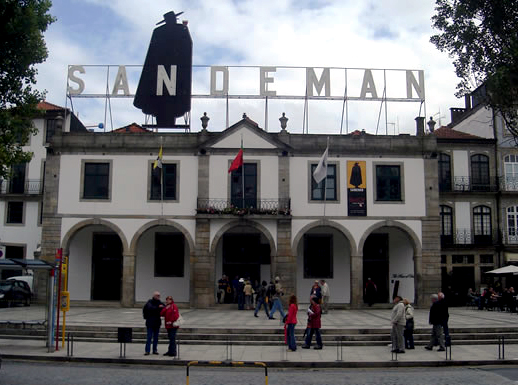Some say port was invented by British merchants looking to replace French claret, wich was boycotted during wars with France in the 17th century. By adding a little brandy to the local red Douro, they found the wine sufficiently fortified to withstand temperature changes and long sea voyages. It also produced a fresh sweet flavour that deepened with age.
Whoever invented it, port was a big hit with the British and became “as British as roast beef”.
The Meathuen Treaty of 1703 opened English markets to Portuguese wines and the British shippers of Porto became increasingly rich and powerful. The next 30 years saw an unprecedented expansion of trade in the Upper Douro and in 1727 a Shippers’ Association was established to regulate the trade and control prices paid to the Portuguese producers. The growth of trade gave rise to the famous port wine lodges spread over the hills of Vila Nova de Gaia.
To combat the English stranglehold, the King of Portugal’s Chief Minister, Sebastião José de Carvalho e Mello, later the Marquês de Pombal, founded the Douro Wine Company (Companhia Geral da Agricultura das Vinhas do Alto Douro) in 1757 witch restored a measure of Portuguese control.
The Douro Valley became the world´s first wine region with legal demarcation and Porto and its region a main engine room of Portuguese expansion and commerce.
